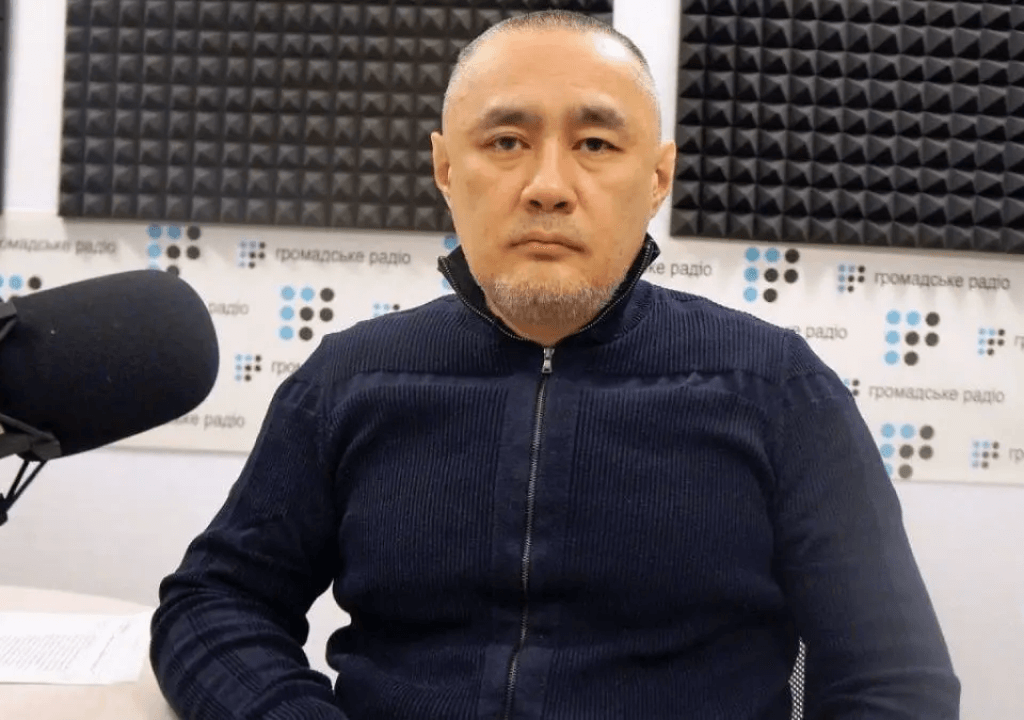Kazakhstan, often referred to as “Junior Russia”, is the second largest republic in the former Soviet Union and remains closely aligned with Russia. Kazakhstan politics are deeply intertwined with Russian politics. While the European Russosphere countries are increasingly shifting towards the West and adopting an anti-Putin stance, Kazakhstan is not yet ready to feel this wind of change. Until now, Kazakhstan’s politics have been considered flawed, potentially placing it among a list of countries with poor democratic practices. This flawed democracy could also be seen as a binding factor between Russia and Kazakhstan. Politicians of both countries need each other to cover their undemocratic democracies. None of Kazakhstan’s elections have met Western standards for fairness; issues include ballot tampering, multiple voting, harassment of opposition candidates, and press censorship. Similar to Russia, political party winners can often be predicted early, and genuine opposition voices are not tolerated in the country. Wait, it’s all about Kazakhstan, not Russia; the similarities may indeed be genuine.
Kazakhstan is also known for targeting critics of the regime, similar to Russia. Numerous incidents have been reported, including the recent attempted killing of Aydos Sadykov, a Kazakh opposition figure and prominent blogger with over 1 million subscribers on YouTube. Sadykov, who operates the YouTube channel named “ Base” and was granted asylum in Ukraine in 2014, was shot near his home. He has been wanted in Kazakhstan since last year. Sadykov and his wife jointly run the popular opposition social media channel in Kazakhstan, known for its strong criticism of President Kassym-Jomart Tokayev.
According to Natalya Sadykov, while driving into their apartment building’s courtyard on June 18 afternoon, her husband Sadykov was shot by a man wielding a pistol while seated in the driver’s seat of their car. Ukrainian police released a photo of a dark-colored vehicle with a shattered driver’s side window, stating that the search for the attacker was ongoing. Kyiv officials announced the initiation of an investigation, stating: “Preliminary information suggests that an unidentified individual approached the car containing the victim and his wife, fired a gunshot at the man, and then escaped”. Sadykov is currently in hospital in bad condition. They added that law enforcement is taking steps to identify the assailant. Sadykova later mentioned that her husband underwent surgery and remains in serious condition. She requested prayers for his recovery. She also accused President Tokayev of orchestrating the assassination.
Sadykov was targeted by the Kazakhstani government, akin to Russia’s pursuit of Alexey Navalny. Last October, Kazakh authorities placed the Sadykovs on a wanted list, accusing them of engaging in criminally unlawful conduct by “Inciting Social Hatred”, a charge often expected from such regimes. Kazakhstan’s President Tokayev condemned the attack on June 19, describing it as a “Serious Incident”. He emphasized that all societal conflicts and disagreements should be resolved lawfully and in accordance with international norms. Tokayev also expressed Kazakhstan’s readiness to assist Ukraine in identifying the perpetrators.
Political analysts in Kazakhstan have offered differing views on the motives and consequences of the attempted murder. Dimash Alzhanov, a political scientist known for his critical stance against the government, suggested that news of the attack sends a significant signal to Kazakhstani society. He warned that such actions could backfire, exacerbating societal anger and deepening divisions. Alzhanov emphasized the importance of constructive dialogue over destructive tactics.
Kazakhstan is actively working to improve its image in international communities and position itself as a hub for business, while also enhancing relationships with various countries. However, repeated incidents like these could tarnish its image and potentially lead to sanctions similar to those imposed on Russia. Despite recent efforts to open up internationally, Kazakhstan’s domestic politics have seen little change. These inconsistencies may hinder cooperation with the West.








